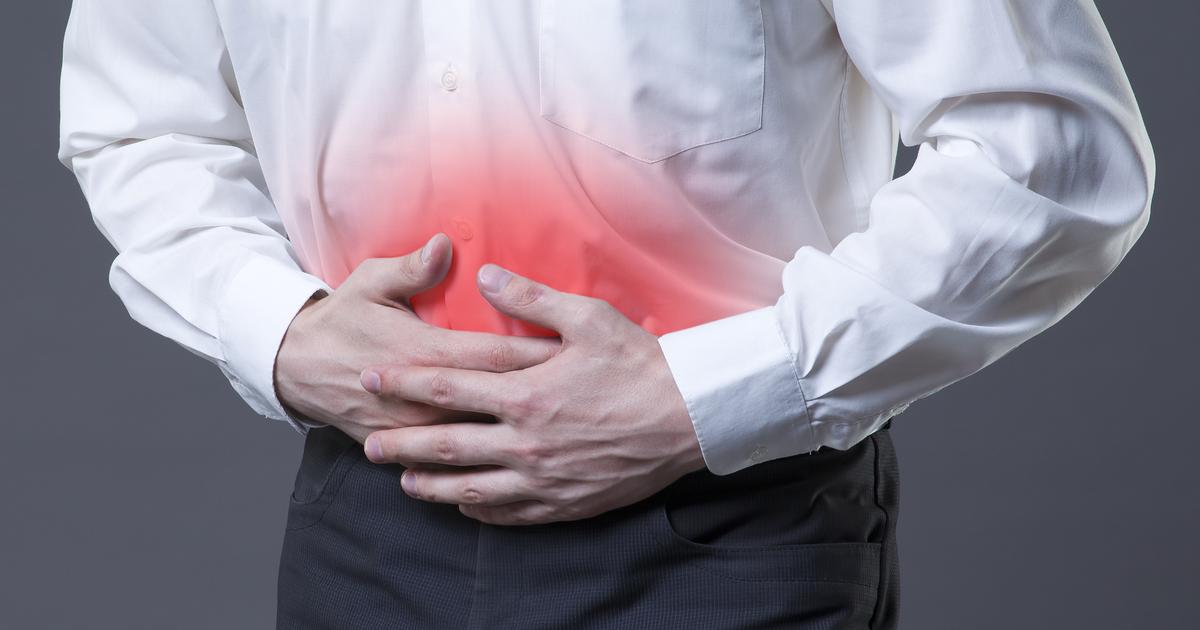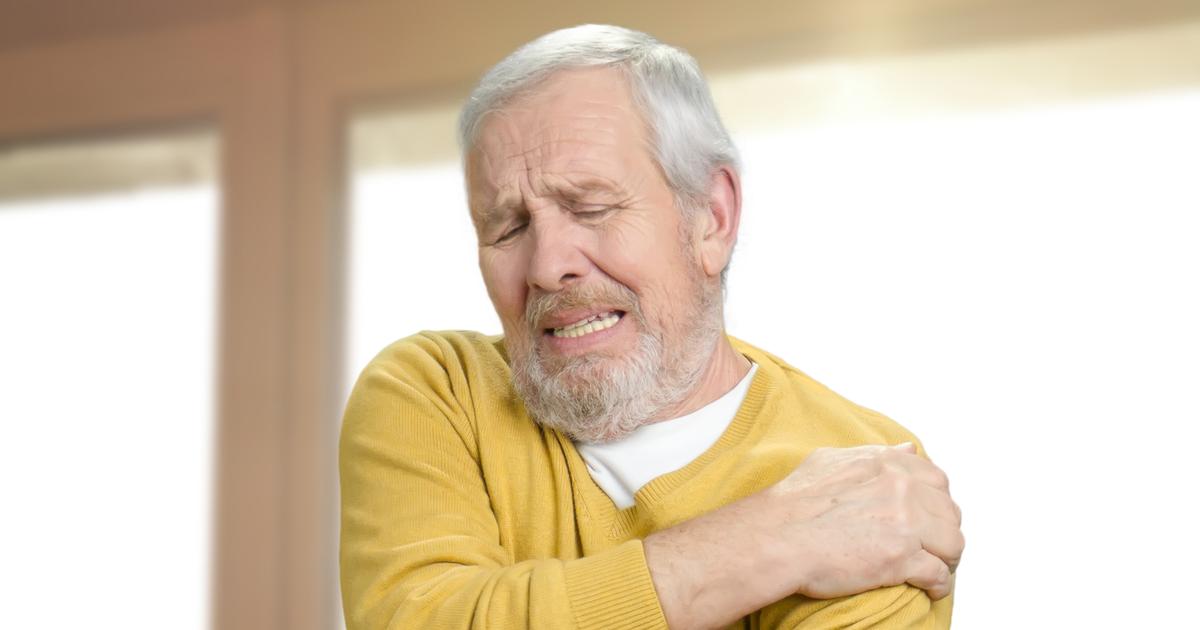Guide To The Causes, Risk Factors, And Complications Of An Inguinal Hernia
A hernia is an abnormal protrusion of an organ through a muscle or connective tissues that produces a bulge. An inguinal hernia happens when a portion of an individual's intestine bulges through a vulnerable location of the abdominal wall at the inguinal canal, which is a passageway near the groin that goes through the abdominal wall. There are two different kinds of inguinal hernias. An indirect inguinal hernia happens when the internal inguinal canal opening remains open when it should have closed around the time of the individual's birth. This dysfunction gives the intestine a spot to bulge through the inguinal canal.
A direct inguinal hernia happens when a part of the individual's intestine bulges through a vulnerable place in the abdominal muscles adjacent to the inguinal wall canal. Numerous risk factors and causes have been identified for an inguinal canal. There are also a few serious complications that can result from an untreated inguinal hernia.
Increased Abdominal Pressure

Increased abdominal pressure can cause an individual to develop an inguinal hernia, and numerous mechanisms can significant pressure in their abdominal area. The pressure in the abdomen could originate from the digestive organs themselves due to an excessive amount of gas accumulation in the intestines, or an excessive quantity of slow-moving backed up food. Other less common causes of increased pressure in the abdomen include edema or a collection of fluid or blood in the abdominal cavity or lining. In addition, fluid build up in the membranes that cover the lungs can cause a buildup of abdominal pressure because they are close in proximity to the abdominal organs.
If a patient has an enlarged pancreas, liver, gallbladder, or spleen, the enlarged organ can put pressure on surrounding structures. Severe inflammation or swelling of any tissues within the abdominal cavity can cause an accumulation of pressure in the abdomen. When there is a significant amount of pressure within the abdominal cavity, any vulnerabilities in the muscles and connective tissues that keep organs in place can tear or separate. It is the separation or tear that allows for the inguinal hernia to occur.
Constantly Straining During Bowel Movements

An individual who is constantly straining during bowel movements can cause an inguinal hernia to form. When food is finished digesting in an individual's stomach, it moves into the small intestine where all of the nutrients are absorbed from it. It then moves into the large intestine, which is responsible for the absorption of fluid from the digested food. When the large intestine absorbs too little fluid, the individual experiences diarrhea. When the large intestine absorbs too much fluid, the individual will experience constipation.
Constipation occurs when an individual has a difficult time passing stools. The muscles responsible for helping an individual have a bowel movement are the puborectalis muscle and the levator ani muscle. When an individual is straining during a bowel movement because they are constipated, both the puborectalis and levator ani muscle are under extreme pressure, which places tension on the other muscles surrounding the pelvis and abdomen. Too much strain on the abdominal muscles can cause them to become weakened in certain areas and allow an organ to protrude into the inguinal canal.
Chronic Sneezing Or Coughing

An individual who experiences chronic sneezing and coughing may develop an inguinal hernia as a result. There are several causes of chronic sneezing and coughing that can lead to increased pressure and vulnerability in the abdominal muscles along the inguinal canal wall. When an individual has severe allergies, they may frequently sneeze due to the allergen. Allergies can also cause someone to be more susceptible to contracting upper respiratory infections. Upper respiratory infections such as the flu, a cold, or pneumonia can cause an individual to cough severely to dislodge phlegm and fluid from their lungs and airways.
Individuals affected by lung conditions such as chronic obstructive pulmonary disease, asbestosis, and pulmonary fibrosis may cough frequently and severely as a result of their disease. In addition, frequent tobacco and marijuana smokers also exhibit harsh coughing that can cause increased pressure in their abdomen. The pressure bursts that occur in the abdomen of individuals affected by chronic coughing or sneezing can cause the intestine to take advantage of any weakness in the abdominal muscles adjacent to the inguinal canal and result in an inguinal hernia.
Age And Gender

Individuals of a certain age and gender are known to have a higher risk of developing an inguinal hernia than others. As an individual begins to age, muscle tone is lost and becomes weaker over time. Due to this natural part of aging, older adults and the elderly are more prone to developing an inguinal hernia than others. Due to the slight variation in the muscular structure of males in the pelvic region, men have a ten times greater chance of developing an inguinal hernia than a woman. It is estimated that out of every four men, one of them will experience an inguinal hernia at some point within their lifetime.
Indirect inguinal hernias usually occur in infants and are typically diagnosed before the individual reaches one year old. In rare cases, an indirect inguinal hernia may not begin to show in an affected individual until they reach adulthood. Out of healthy newborns, it is estimated between one and five percent are affected by an inguinal hernia. Among premature infants, it is estimated around ten percent are affected. Direct inguinal hernias are relatively rare among children but are prevalent among adults and seniors.
Incarcerated Hernia

A severe complication of an inguinal hernia is an incarcerated hernia or a region of the abdominal tissue or intestine that becomes entrapped in a hernial sac. An incarcerated hernia cannot be easily pushed back into place and causes the intestinal tissue to become compressed. A compressed intestine does not allow for the passage of stool or obstructs the movement of stool through the individual's digestive tract. Bowel obstruction from an incarcerated hernia causes the patient to experience symptoms of nausea, vomiting, intense and severe pain, redness, swelling at the hernia site, bloating, and an inability to pass gas.
If the compression of the intestine becomes worse, the incarcerated hernia can progress into a strangulated hernia where blood supply becomes cut off from the intestine. When blood cannot reach a region of the intestine, the cells do not get the oxygen required to survive. A strangulated hernia is a life-threatening complication of an inguinal hernia that requires immediate medical attention.
